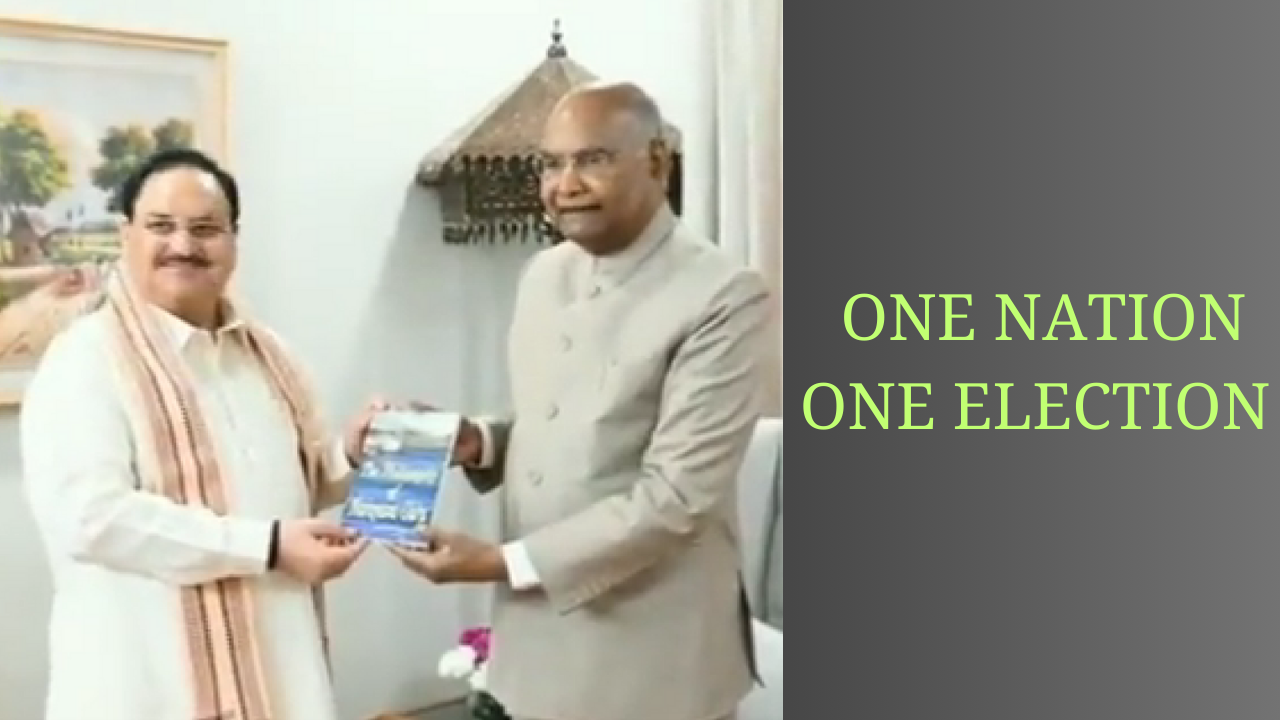On Friday, BJP national president JP Nadda held a meeting with former President Ram Nath Kovind at his residence in New Delhi. This meeting gains significance due to the formation of a committee, led by the former President, tasked with exploring the feasibility of implementing ‘One Nation, One Election.’
If this proposal is enacted, it would entail simultaneous elections for the Lok Sabha and state assemblies across India, synchronized to occur concurrently. There is speculation that a bill to enact this proposal may be introduced during a Special Session of Parliament scheduled from September 18-22.
In the midst of these developments, Union Parliamentary Affairs Minister Pralhad Joshi remarked on Friday that the committee’s report would be deliberated in Parliament and questioned the reasons behind the opposition’s apprehension.
He emphasized the importance of democracy’s evolution, citing India as its birthplace, and stated that any constructive proposal benefitting the nation should be subject to discussion. Joshi also highlighted the financial burden of frequent elections and the historical precedent of simultaneous polls for Lok Sabha and State Assemblies until 1967.
Previously, a parliamentary standing committee, the Law Commission, and Niti Aayog had examined the ‘One Nation, One Election’ concept and submitted reports on the matter. If this proposal is eventually implemented, it could lead to the synchronization of elections for the Lok Sabha and state assemblies, simplifying the electoral process.
It is worth noting that simultaneous elections for state assemblies and the Lok Sabha were practiced until 1967, but this changed due to the premature dissolution of some legislative assemblies in 1968 and 1969, followed by the dissolution of the Lok Sabha in 1970, necessitating alterations in electoral schedules for both states and the nation.
However, the opposition has voiced objections to the ‘One Nation, One Election’ idea. Former Madhya Pradesh Chief Minister Kamal Nath emphasized the need for constitutional amendments and the approval of states, pointing out that BJP-ruled states like Haryana and Maharashtra would have the authority to decide and pass proposals for dissolving their respective assemblies. He argued that the duration of a state assembly cannot be arbitrarily shortened.
Also Read: Amit Shah to inaugurate ‘Amrit Kalash Yatra’ in New Delhi today
Catch all the Latest Business News, Breaking News Events, and Latest News Updates on NewsX


















